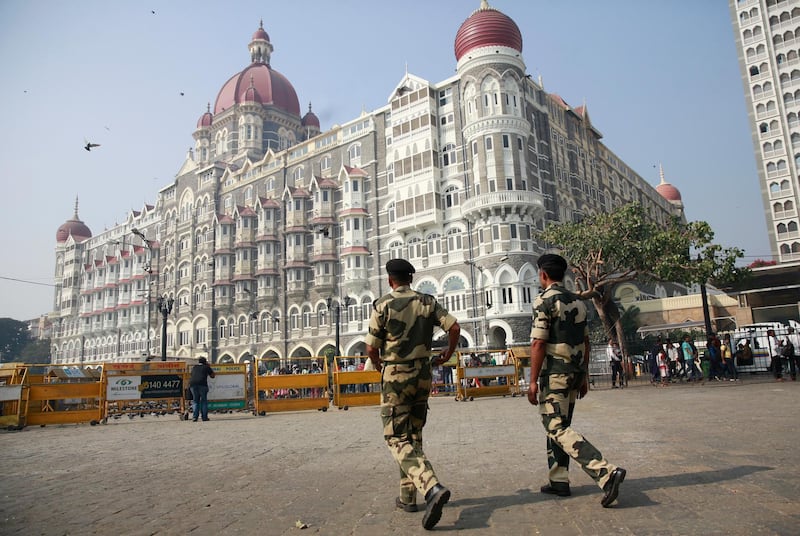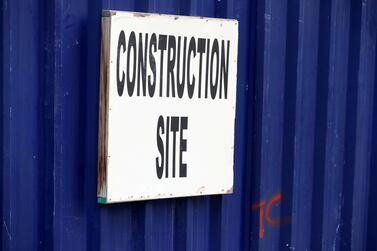Last Saturday, I watched Hotel Mumbai, a film about the terror attacks that unfolded in India's financial capital in November 2008, when ten men armed with assault rifles, grenades and improvised explosive devices swarmed the city. The film focuses on the Taj Mahal Palace, which was held under siege for four bloody days.
It makes for difficult viewing. The film captures the senseless, indiscriminate nature of the massacres; the seemingly unending terror and helplessness of those trapped inside the Taj hotel; the randomness of who survives and who doesn’t in such unthinkable circumstances; and the authorities’ utter inability to deal with the events unfolding around them.
The next morning, these events were replayed in real life in Sri Lanka, as churches and luxury hotels in Colombo were targeted by bomb blasts in what have been dubbed the Easter Sunday attacks. With at least 350 people dead and about 500 injured in Sri Lanka, the number of casualties was higher than that in the Mumbai attacks, but the events were hauntingly similar.
When films are made that depict distressing real-life events that are still raw, the question always arises: how soon is too soon? When is it appropriate for tragedy to be transformed into entertainment? Do we trivialise these events, which cause so much trauma to so many people, by giving them a Hollywood makeover? Can this process be anything other than exploitative?
Was Oliver Stone insensitive to try to capture the horror of 9/11 in his 2016 film, World Trade Centre? Was it too soon to depict the devastation caused by the 2004 tsunami in Naomi Watts and Ewan McGregor's 2012 film, The Impossible? Was it inappropriate for me to be sitting in a plush Dubai cinema, guzzling on a bucketload of popcorn, watching Hotel Mumbai, when those events are still so recent and, the following morning, would be echoed across the Sri Lankan capital?
Because it came in the immediate aftermath of the attack in Christchurch, the film's release was postponed in New Zealand. One reviewer has asked: is there really any difference between watching a film like Hotel Mumbai and watching the repulsive video footage shot by the Christchurch attacker? Another reviewer refers to it as "an uneasy mix of fact and fiction", while another accuses it of reducing "the randomness of real-life bloodshed to the slick thrills of a popcorn movie".
In an interview with The New York Times, actor Dev Patel, who stars in Hotel Mumbai, says: "The question that people ask is, why are you making a film like this? I thought long and hard about it, and I think we live in an age now where, because of social media and technology and how we receive news, things are so fleeting. A flick of a button or a swipe left or right, and you're on to the next piece of news. In a way, we've become desensitised to this violence. A film like this can provide that much-needed jolt to an audience to start having an actual discussion about what's going on and what we can do to stop this."
I think he is right – there is a danger of people becoming desensitised to such events. In many instances, these attacks are reduced on our television screens and news feeds to numbers.Mumbai: 166 people dead; Sri Lanka: 359 dead; Christchurch: 50 dead.
What films like Hotel Mumbai do is remind us that those numbers mean something. They represent innocent people, like you and me, who happen to be in the wrong place at the wrong time. It encourages us to empathise. These things may happen in a foreign land a long way off, but the people they impact are no different to us.
One of the things that Hotel Mumbai does most poignantly is illustrate how many of the staff members at the Taj Mahal Palace – armed with kitchen utensils or baking trays taped to their chests to shield themselves from gunfire – stayed in the hotel to try to help others. Most of its characters are fictional, but in many instances, they are an amalgamation of actual victims and survivors.
One of the characters in the film that is based on a real person is chef Hemant Oberoi, who protected and led many of his guests and colleagues to safety. It is a reminder that even in the darkest times, little acts of heroism abound, and those stories need to be told, whatever the medium.







